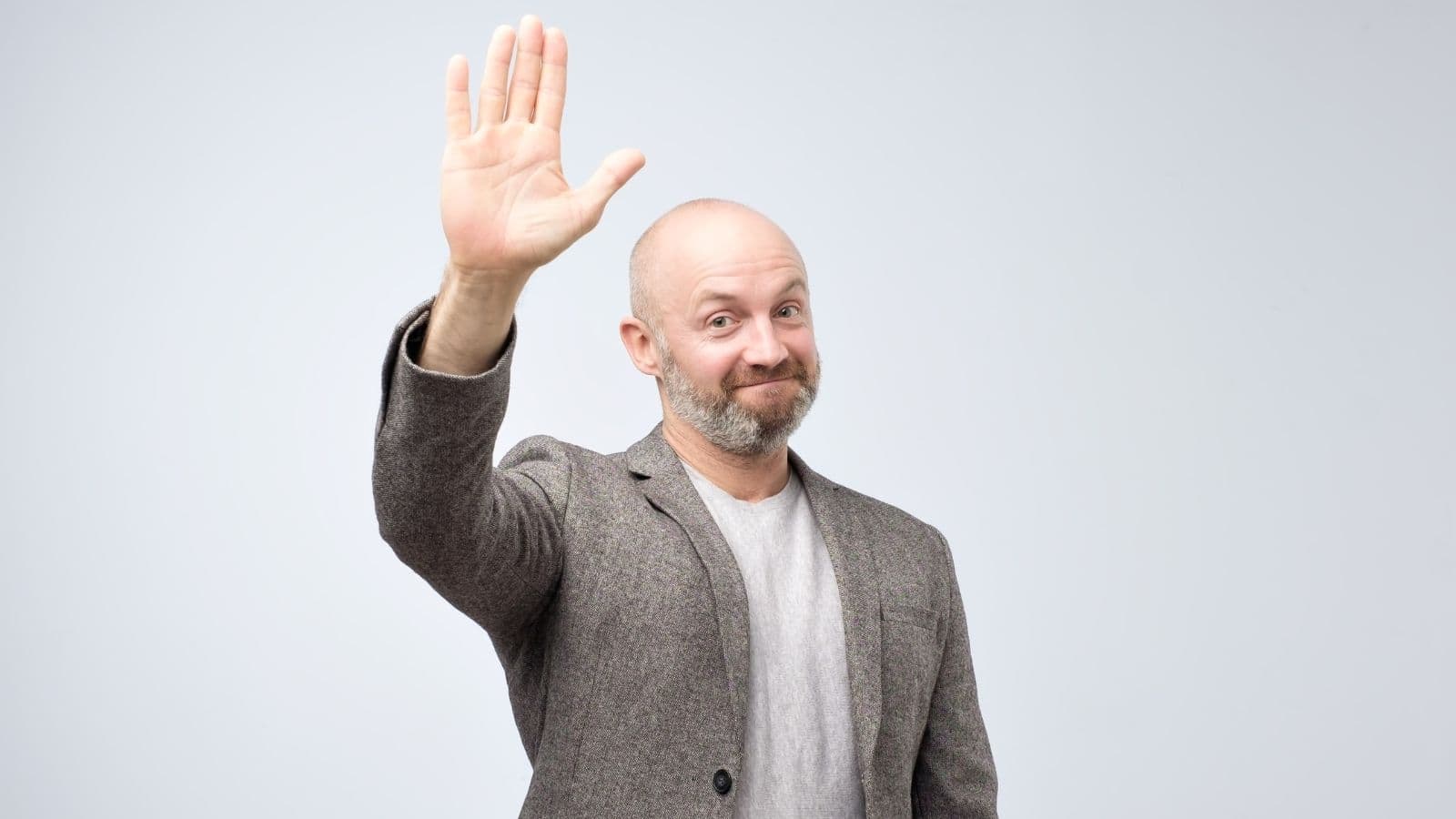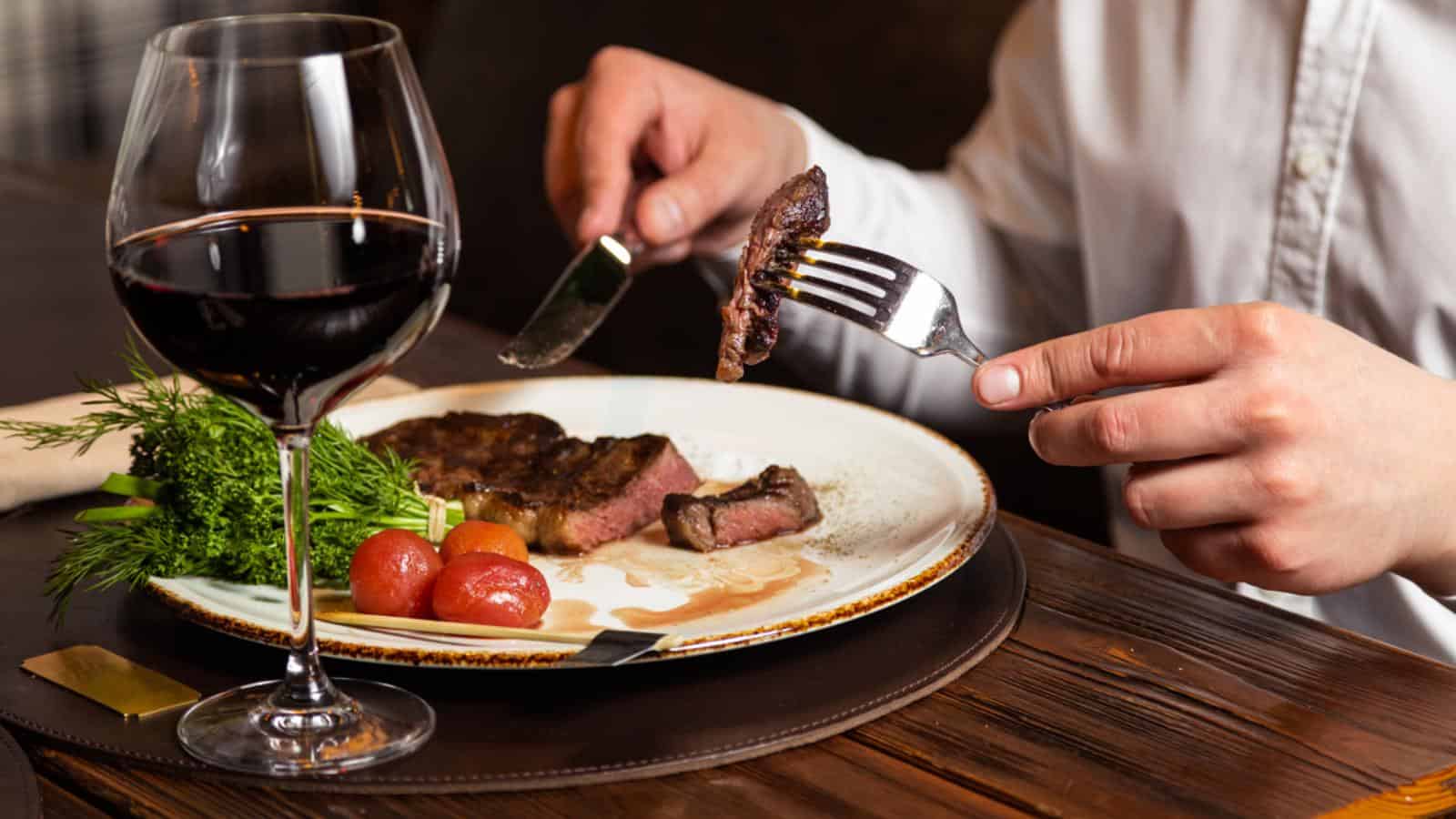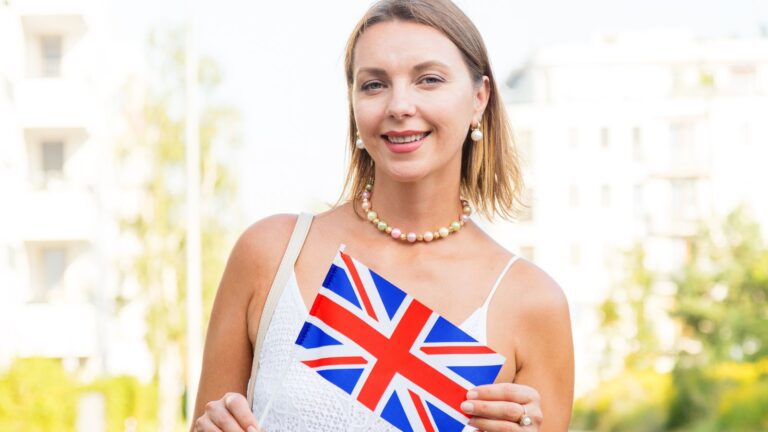British manners have an unmatched reputation worldwide, setting a high standard of politeness for us to live up to. While some people might see it as a stereotype, it’s actually pretty accurate; even the rudest people in the UK are often polite, even if it’s in a sarcastic manner. If you don’t believe us, this list will take a look at the various ways we Brits have unique manners compared to others.
Apologizing for Everything

As the BBC reminds us, anyone who has visited the UK will know that Brits have a peculiar habit of saying “sorry” even when they aren’t at fault. For example, even if someone bumps into them on the street, they are likely to apologize first. This reflexive politeness is deeply ingrained, reflecting their desire to maintain social harmony at all times.
Politeness Overload

We Brits often go to great lengths to avoid offending others, even in minor situations. Instead of bluntly refusing a request, they might say, “I’m not sure that’s possible,” leaving room for interpretation. This level of politeness can sometimes puzzle those who are more accustomed to straightforward communication, but it comes from the right place.
Queueing Culture

The British approach to queuing is almost sacred. No matter how long the line, everyone patiently waits their turn without pushing ahead. Jumping the queue is considered a serious breach of manners, and anyone who does so is likely to be met with disapproving stares or a sharp word.
Understated Compliments

It might seem counterintuitive, but compliments in Britain are often given with a degree of understatement. Instead of lavish praise, you might hear, “Not bad at all,” which translates to high praise in British terms. This modesty is a key feature of their conversational style, where exaggeration is generally avoided.
The Art of Small Talk

British people are known for excelling in small talk, particularly about the weather. It’s a safe and neutral topic that helps avoid potential conflicts, but we do talk about other stuff, too. Either way, this skill of small-talking is an essential part of British social interactions, providing a way to fill awkward silences, make people feel heard, and ease into more meaningful conversations.
Tea Time Rituals

As you’ll likely know as a Brit, tea is more than just a drink in our country; it’s a ritual. Offering someone a cup of tea is a common gesture of hospitality, and the way it’s prepared and served can be laden with social nuances. Declining a cup might even be seen as slightly rude, depending on the context.
The Indirect ‘No’

In the UK, saying no directly can be seen as impolite. Instead, Brits might use phrases like “I’ll have to think about it” or “I’ll let you know,” which allow them to decline without causing offense. This indirectness can sometimes confuse those who are just looking for a straight-up answer, but we just can’t help it.
Reserved Emotions

Another way British manners differ from the rest of the world is how we generally keep our emotions reserved, especially in public. Expressing strong emotions, whether positive or negative, is generally avoided, for better or for worse. Ultimately, this restraint is seen as a sign of self-control and respect for others’ personal space in this country, making the British seem calm and composed, at least in our eyes.
The Value of Personal Space

One of the best parts of British manners is how highly personal space is valued. Standing too close to someone, even in a crowded place, is considered intrusive, and let’s be honest–it really is. This respect for boundaries is reflected in how Brits interact with one another, often maintaining a polite distance unless the situation requires otherwise.
Complaining Quietly

Famously, when Brits are dissatisfied with a service, we’re far more likely to complain quietly or indirectly. We might say, “I wonder if there’s been a mistake,” rather than directly criticizing. This approach allows them to express displeasure without causing embarrassment or conflict. However, in reality, we’ll often just suffer in silence rather than express our complaints in the first place.
Greeting Strangers

Despite us being fairly reserved, Brits will commonly greet strangers with a nod or a simple “hello,” especially in smaller communities. However, these greetings are typically brief and formal; striking up a conversation with a stranger is much less common, especially in busy cities such as London.
Punctuality Matters

It likely won’t be surprising to you that being on time is a sign of respect in British culture. Whether for a social event or a business meeting, punctuality is taken seriously. Arriving late, even by a few minutes, can be seen as inconsiderate, unless there’s a valid reason, in which case an apology is expected.
The Importance of ‘Please’ and ‘Thank You’

As we mentioned in the introduction, the basics of saying “please” and “thank you” are non-compromises in the UK. Even in the simplest of transactions, these words are, and failing to use them can be perceived as rude or ungrateful.
Formal Titles and Address

Older Brits tend to prefer using formal titles and last names, especially when meeting someone for the first time. Addressing someone as “Mr.,” “Mrs.,” or “Dr.” shows respect. First names might only be used once a relationship has been established, reflecting the importance of formality in British manners. However, it must be said that younger people don’t care about all this stuff quite as much.
Reserved Dining Etiquette

Dining etiquette is a big part of manners all around the world, but in Great Britain, they’re characterized by particularly high levels of restraint and politeness. Talking with food in your mouth, reaching across the table, or eating noisily are all considered poor manners. Dining is seen as a formal activity where proper behavior is expected, and therefore, deviations from this can be frowned upon.
The Art of Self-Deprecation

Finally, every Brit knows that self-deprecation is a common trait in British humor. While this might not exactly seem polite to us, we do it in a light-hearted way to appear modest and unassuming. This tendency to downplay achievements and avoid coming across as boastful is a key element of our conversational style, and usually, it makes us seem more approachable and humble.

